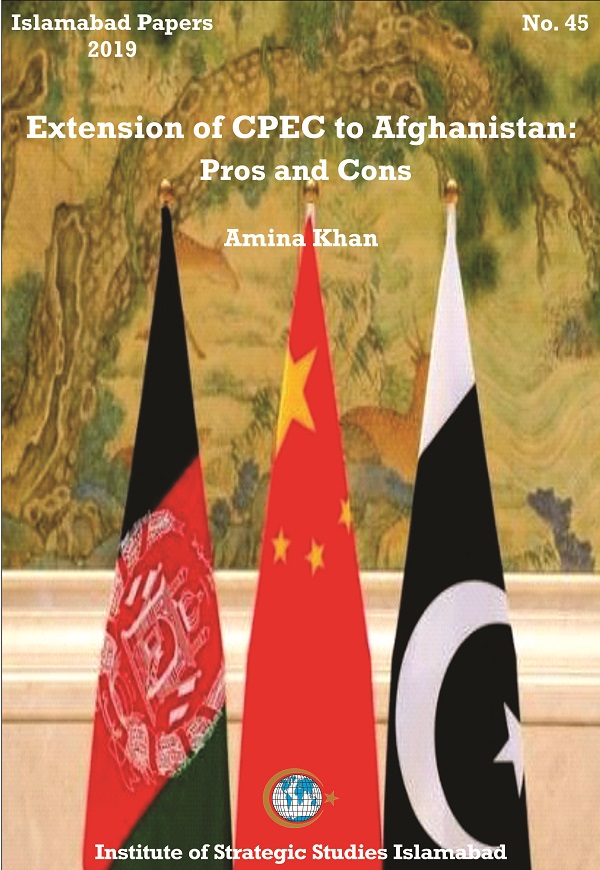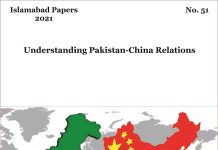Abstract
The China-Pakistan Economic Corridor (CPEC) is the flagship project of China’s Belt and Road Initiative (BRI) that will cover a distance of 2700 km,[1]connecting the Chinese city of Kashgar with the Pakistani port of Gwadar, in Baluchistan, bordering Afghanistan.[2] While its potential for Pakistan and the region has been widely recognized, there have been talks of extending CPEC to Afghanistan. Beyond potential calls for CPEC’s extension to Afghanistan from Beijing, no concrete headway has been made in this regard. As a result, there are currently no (publicly available) plans or proposals detailing the nature of the projects and their estimated financing needs. However, the fact remains that CPEC is a mega regional connectivity project that aims to benefit the economies of the region as a whole, and Afghanistan in particular has far more to gain from it. Kabul’s inclusion holds the potential to boost the country’s economy and reduce its dependence on foreign aid. Moreover, it will provide Kabul and Islamabad with an opportunity to improve their strained bilateral relationship. At the same time, there are, however, major obstacles of insecurity and instability in Afghanistan, along with regional rivalries and politics that prevent the immediate extension of the flagship project. Hence, keeping the above in mind and in the absence of a feasibility report, this paper will attempt to analyse the possible inclusion of Afghanistan into CPEC and assess the benefits to the country itself, as well as the region (if at all). More importantly, it will focus on the barriers to opening up CPEC in Afghanistan and present a set of recommendations.
















